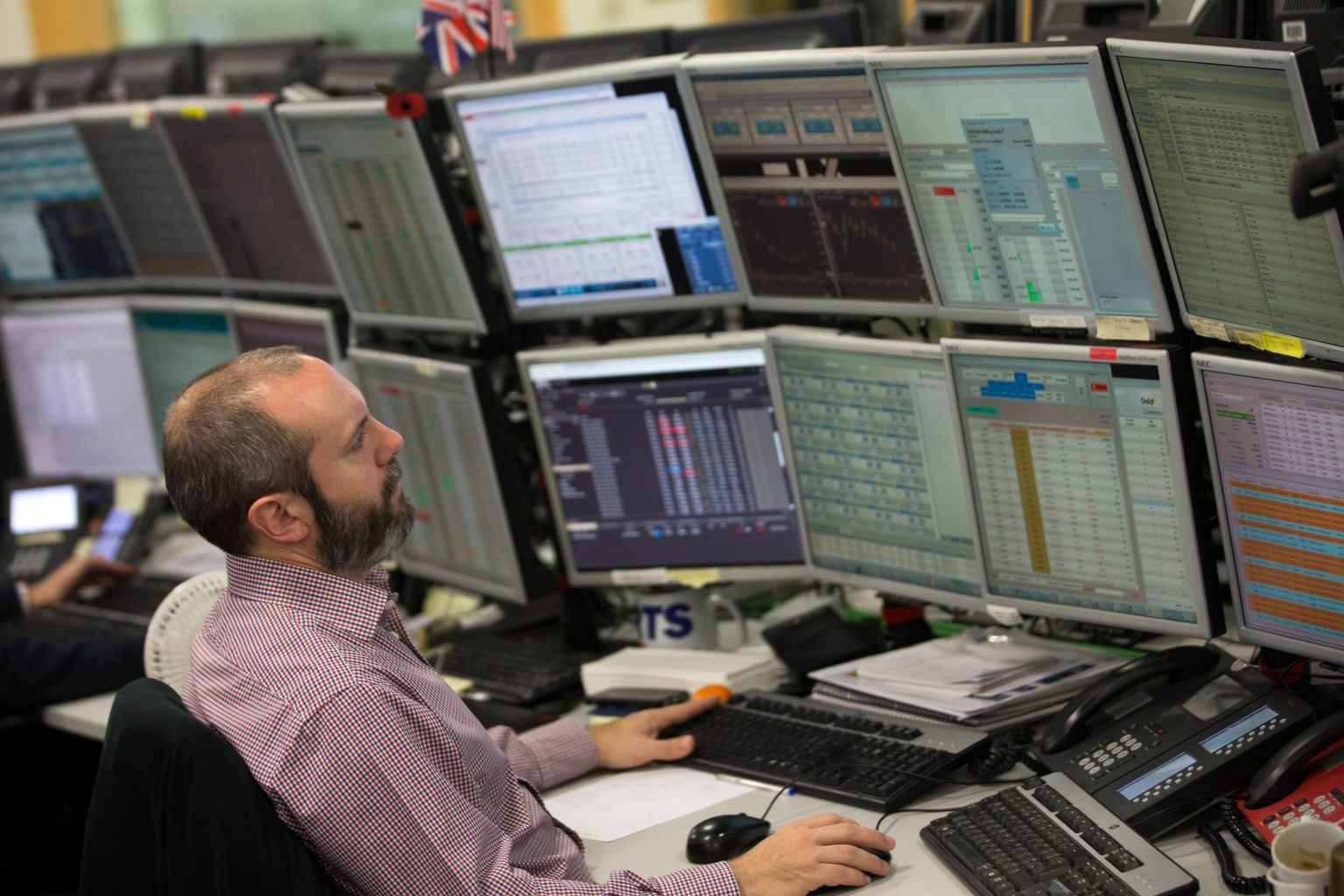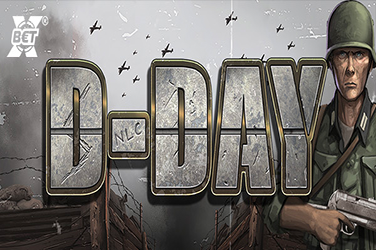
Gaming, Leisure Industry Epicenter of COVID-19 Credit Downgrades
The hotel, gaming and leisure sector is proving its vulnerabilities to global pandemics, and that’s evident in financial market parlance, where the industry suffered more corporate credit downgrades than any other since March.
From March 1 through July 31, 62 percent of issues in the hotel, gaming and leisure space were downgraded, according to Moody’s Investors Service. That’s just ahead of the 61 percent in the consumer transportation arena, an industry including the ravaged airline and cruise businesses.
The spread of the coronavirus has placed significant stress on the global economy. But corporate downgrades reveal a thorough and measured approach to credit during turbulent,” said the research firm.
Of the top 10 industries in terms of percentage of bond downgrade since March 1, four, including gaming and leisure, hail from the consumer discretionary sector. That’s twice as many as the next closest group.
Downgrades Galore
During the initial wave of coronavirus cases in the first quarter and into the early part of the June quarter, credit rating agencies were quick to lower grades and outlooks on a broad swath of gaming entities, including integrated resort operators, device manufacturers, and sportsbook firms.
For its part, Moody’s says it’s lowered ratings on 900 corporate debt issues across all sectors this year, with 797 of those bonds already residing in junk territory prior to the 2020 reduction. The research firm said of the other 103 downgrades 70 retained investment-grade status, while 33 lost that designation and moved to the high-yield space.
Among the familiar gaming names Moody’s tagged with lower grades or “negative” outlooks this year are MGM Resorts International (NYSE:MGM), William Hill (OTC:WIMHY), and Penn National Gaming (NASDAQ:PENN), among others.
Of interest to fixed income investors considering the gaming industry that are clinging to investment-grade marks, Moody’s says 88 percent of the 33 issues it lowered to junk for the first time carried “negative” outlooks prior to those downward revisions.
Not All Bad News
For any company, gaming or otherwise, carrying high-yield bond ratings increases financing costs because if these firms tap debt markets, investors demand higher interest payments for what they perceive as elevated risk.
However, in the COVID-19 climate, the Federal Reserve is backstopping the junk bond market, restoring investors’ faith in the asset class while pushing the yield on the Markit iBoxx USD Liquid High Yield Index down to 4.42 percent.
Specific to the gaming industry, companies aren’t having issues raising capital even as the pandemic punishes profits. Whether it’s selling bonds, tapping credit revolvers, or issuing new equity, casino operators, gaming real estate firms, device makers, and sportsbook operators are finding receptive audiences in the investment community for their capital-raising efforts.
Underscoring that point is the fact that the bulk of the cash raised by gaming entities occurred while US casinos were shut down, confirming investors are willing to roll the dice — as long as they’re compensated for the risk — on the industry bouncing back.
Source: Casinoorg






